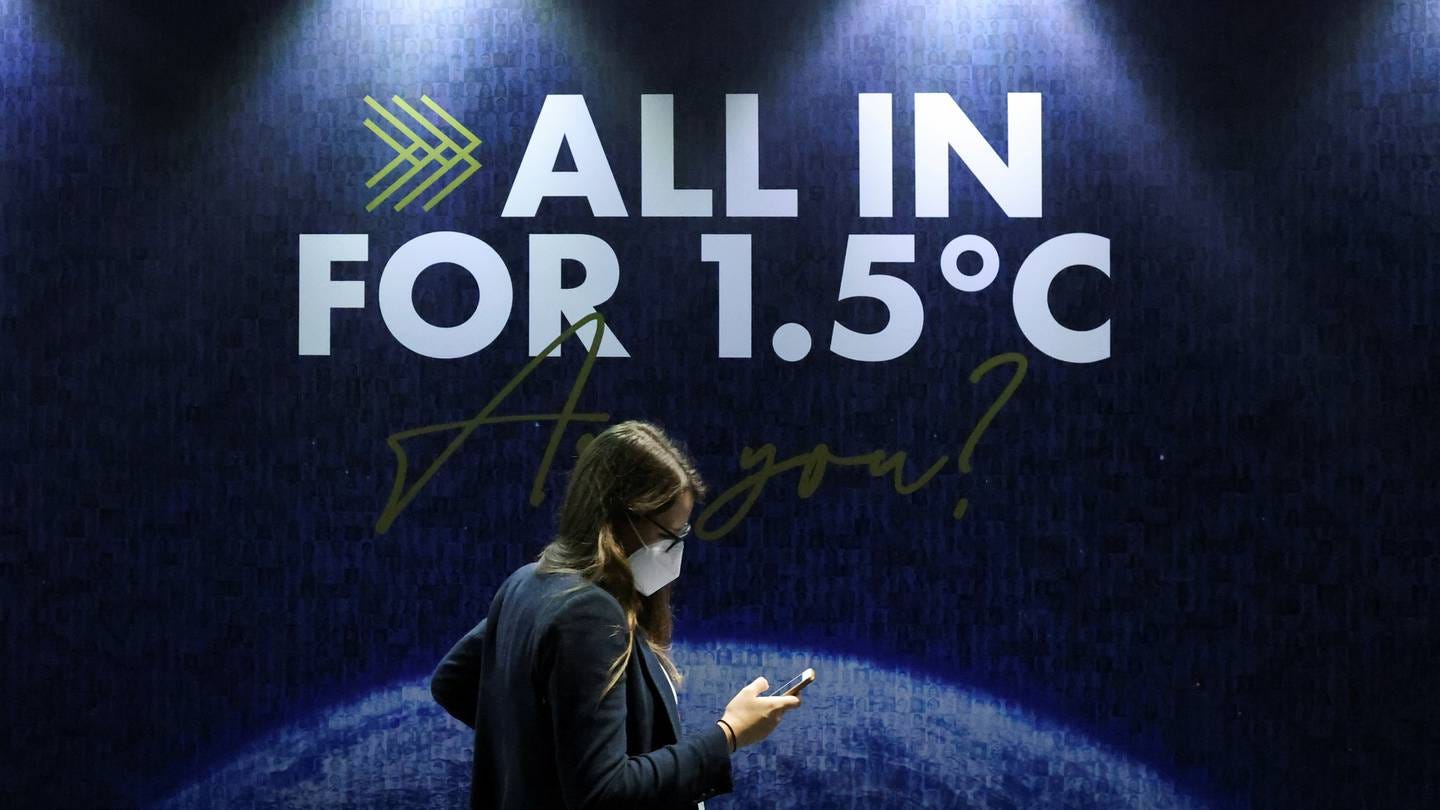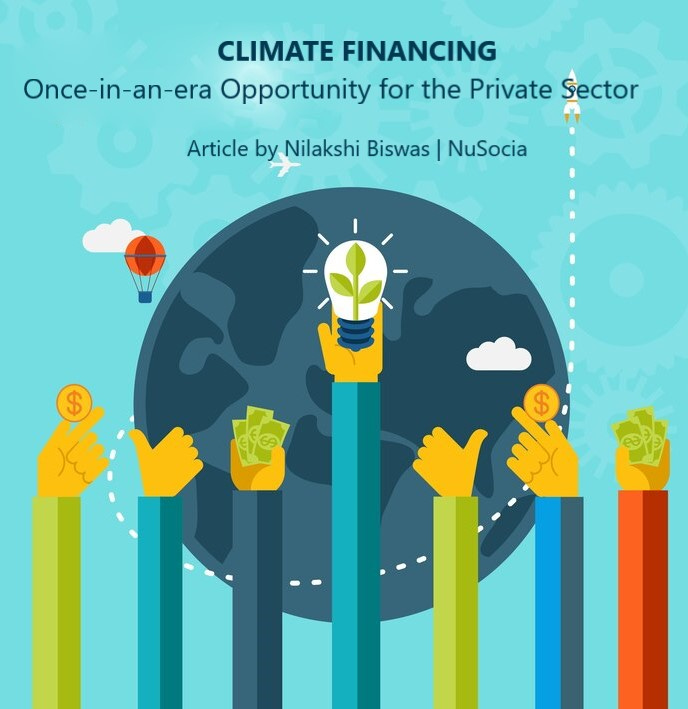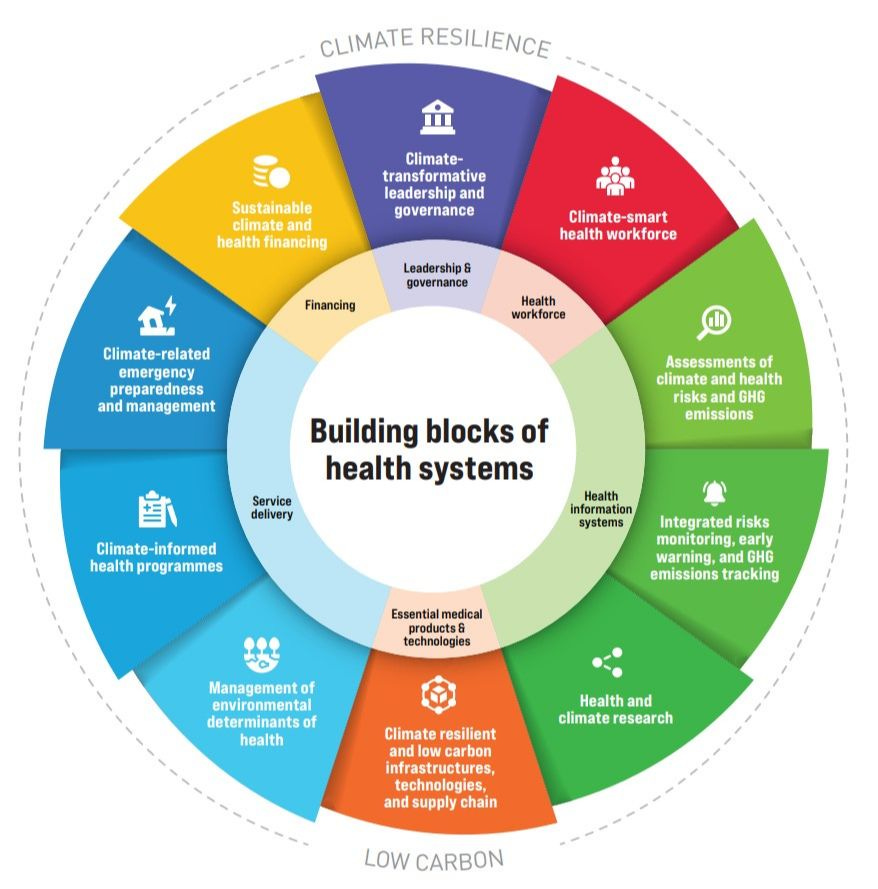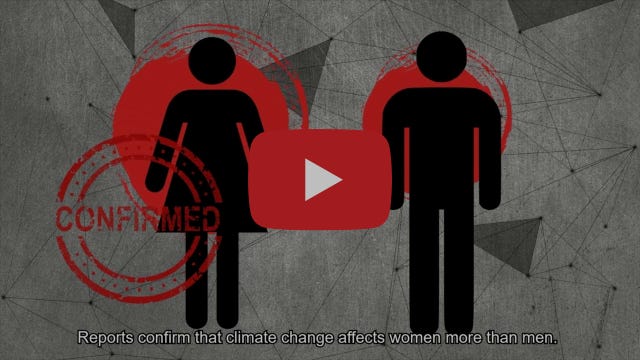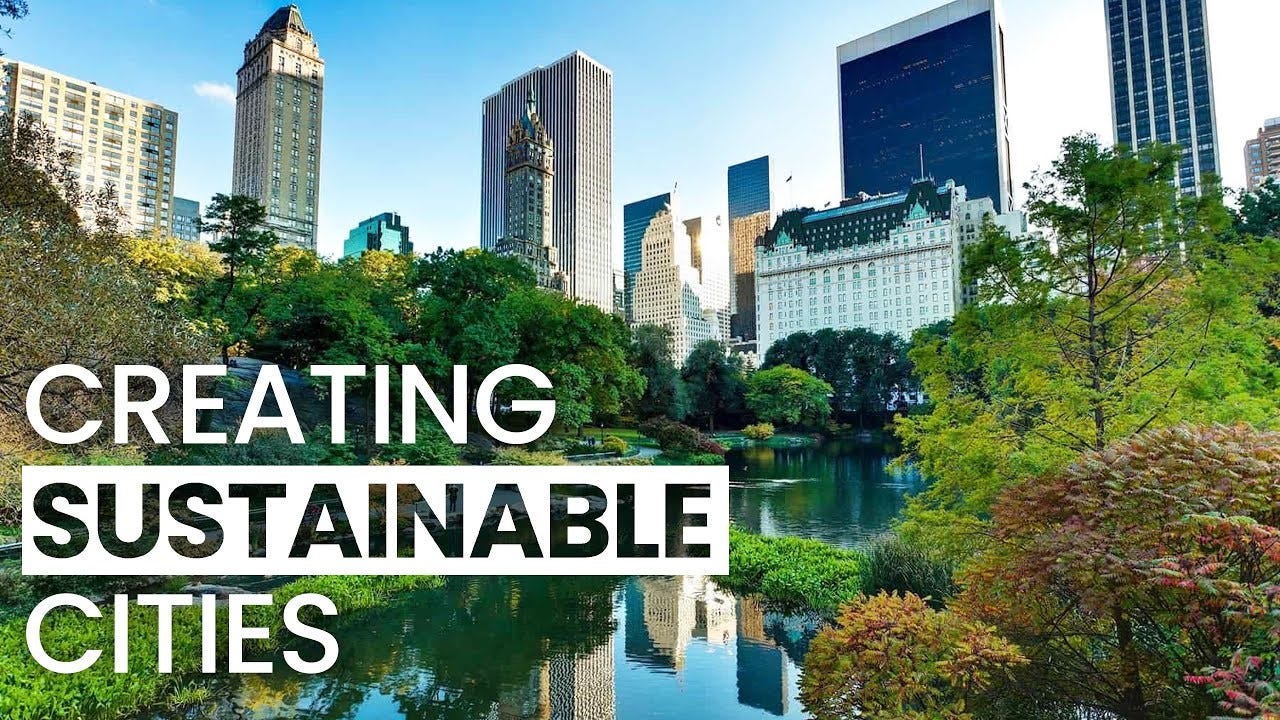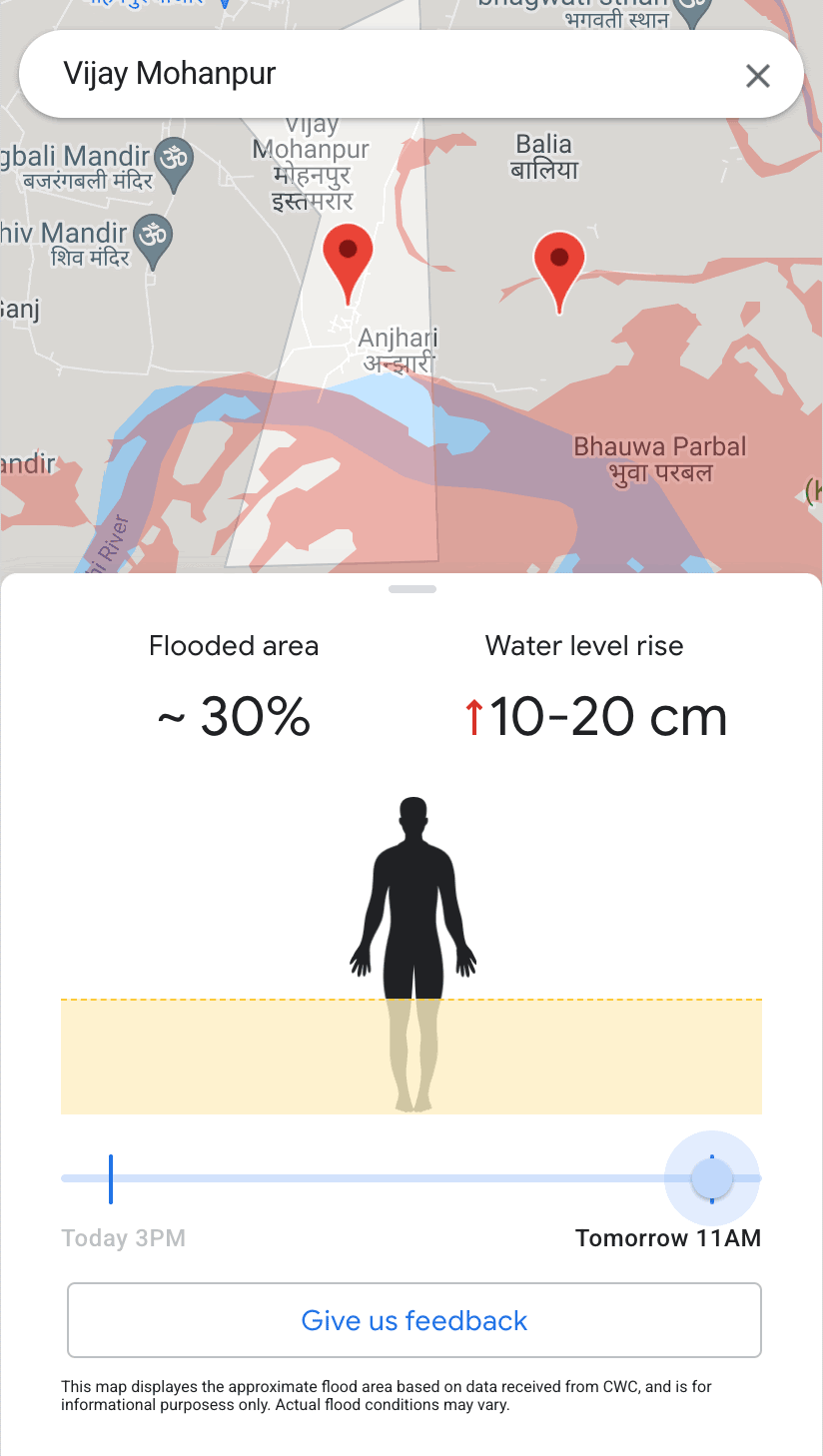Check-in on Climate Change | The Impact Post
Issue #36 | Wed, Nov 22, 2023
Dear NuSocia Patrons,
In 2015, nearly 200 countries signed onto the Paris Climate Agreement and agreed to the goals of limiting global warming - including key targets to be met by 2030. This year's Conference of Parties, COP28, marks the halfway point where countries will check-in their progress so far.
Reports show that the world is not on track. Emissions are rising too fast and reaching net zero by 2050 would require “absolute economy-wide emission reduction targets” at a cost of “trillions of dollars.”
In this edition, we explore opportunities for governments, organizations and civil society to ensure climate pledges are turned into action.
The Finance of Climate Change
Climate Financing: Once in an era opportunity for the private sector
How do we catalyze funds to overhaul economic, health, civil ecosystems; reduce emissions and work towards reversing the trajectory to a climate catastrophe? The private sector, with its financial clout and penchant for innovation, can play a leading role in the path to a greener future.
In this latest editorial, we identify various strategies for companies to begin their green journey.
Health for All
COP28 will host a dedicated 'Health Day' for the first time ever to shine a spotlight on the interconnection between the climate and health.
The WHO recently released an Operational framework for building climate resilient and low carbon health systems. Implementation of the framework’s ten components would help health organizations, authorities, and programs to be better able to anticipate, prevent, prepare for, and manage climate-related health risks and therefore decrease the burden of associated climate-sensitive health outcomes.
Inclusive Climate Action
The intersection between Gender and Climate Change is higher in developing economies like India, where women have gendered roles and are at the direct receiving end of consequences.
At the Health for All Film Festival (HAFF) organized by WHO this year, 'When Climate Change Turns Violent' a film by Vandita Sariya from India won the Special Prize under the Climate Change and Health category. It highlights the little-discussed connections between climate change and gender based violence.
Sustainable Cities
'Increasingly, the climate battle will be largely won or lost in cities.' - UN Secretary-General.
As we respond to the global climate crisis, transformative action from cities may be catalysts in ensuring a sustainable future. Our latest article explores how cities can be drivers of both economic growth and sustainability.
#NuSociaPicks
What is Blue Carbon?
Did you know that coastal and marine ecosystems can store up to five times more carbon than forests, while providing a host of other benefits to communities?
Read this World Bank feature story to learn about the benefits of blue carbon for people and the planet.
How Technology can Help
Google’s Flood Hub alert system uses machine learning technology to warn people in harm’s way when rivers, oceans and lakes pose a threat to life or property.
Flood Hub alerts include easy to understand inundation maps, with details of the at-risk area and flood heights relative to adult body height.
Google has been providing flood alerts since 2018. The early focus was on high-risk areas in Bangladesh and India. In 2021, the system sent out 115 million alerts in an area that’s home to 360 million people.



